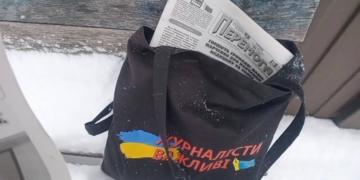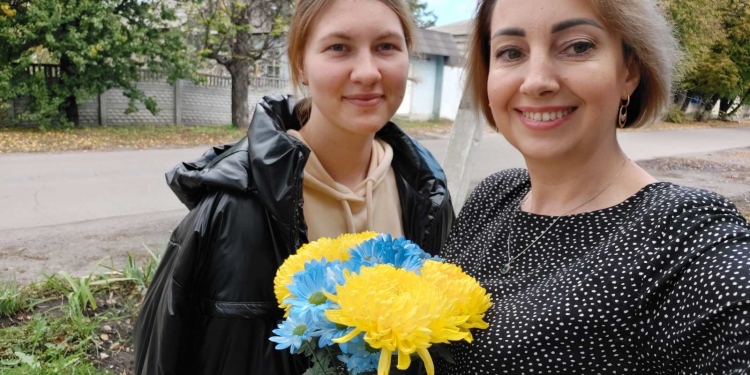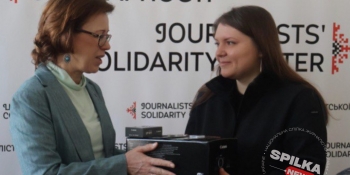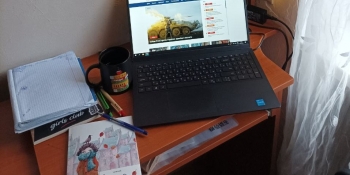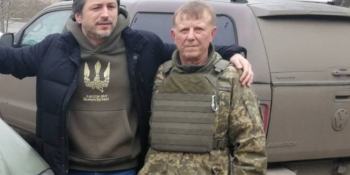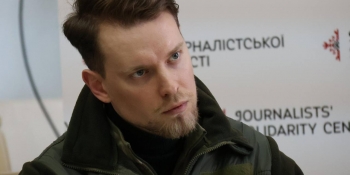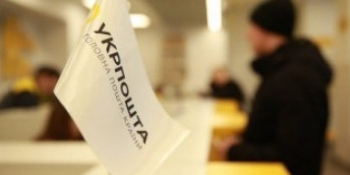Iryna Sytnik has been working in journalism for 21 years. In 2014, she became the editor-in-chief of the weekly called Stepova Zoria. The war scattered its staff across the country, and the newspaper was on the verge of closure. But the situation was radically changed thanks to a grant, a kindergarten teacher and a history teacher.
Wednesday, February 23 was an ordinary day for residents of Petropavlivka, Dnipropetrovsk Region. Iryna Sytnik, the editor-in-chief of the Stepova Zoria weekly, signed the next issue of the newspaper for printing and started to wait for its release the next day. The morning came and it was terrible.
The first thing Iryna did was to plunge into volunteering. Local residents left the village en masse, and in return, settlers, mainly from the Donetsk Region, came in every day. They all had to be accommodated somewhere. So, Iryna, so to speak, became a temporary volunteering realtor.
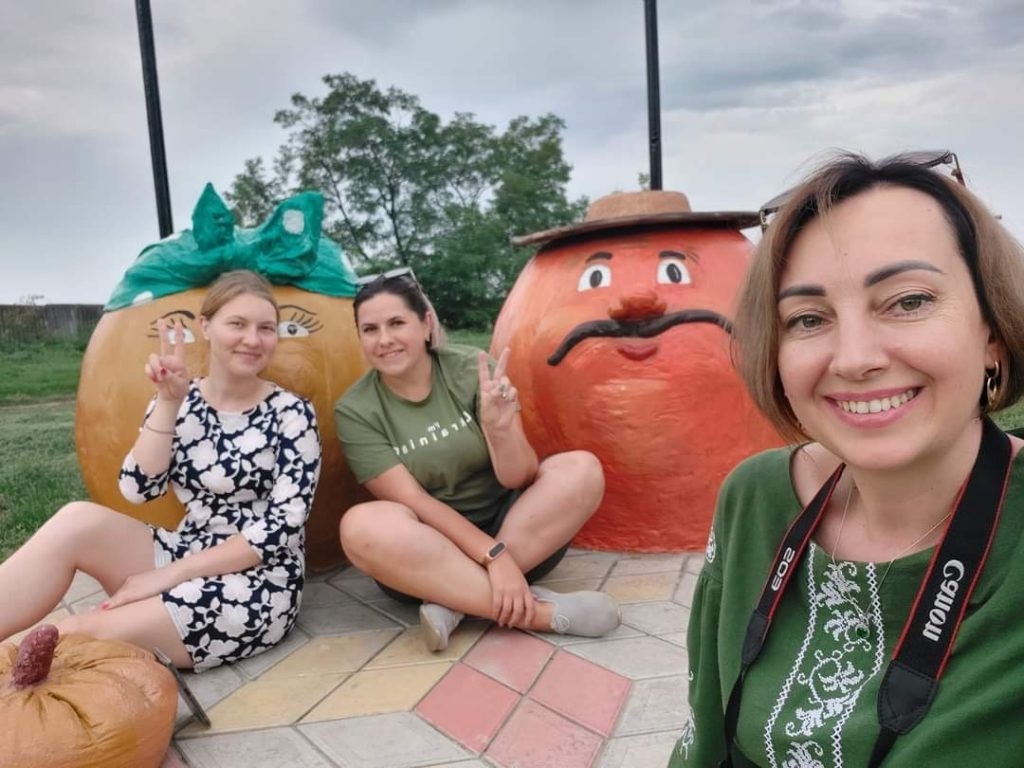
She turned the empty room next to the editorial office into a volunteer headquarters, where local residents brought everything necessary for those displaced. The editor felt comfortable helping people and working at the computer from time to time. After all, the hope of resuming the printing of her newspaper did not leave Iryna even for a moment. One more thing: since 2001, she had worked faithfully in the editorial office and could not imagine life without the newspaper.
Soon, a girl came to the volunteer headquarters. Iryna thought she was one of the migrants when she saw the stranger.
But a few days passed – and the stranger Iryna offered a journalist job for, returned to the editorial office.
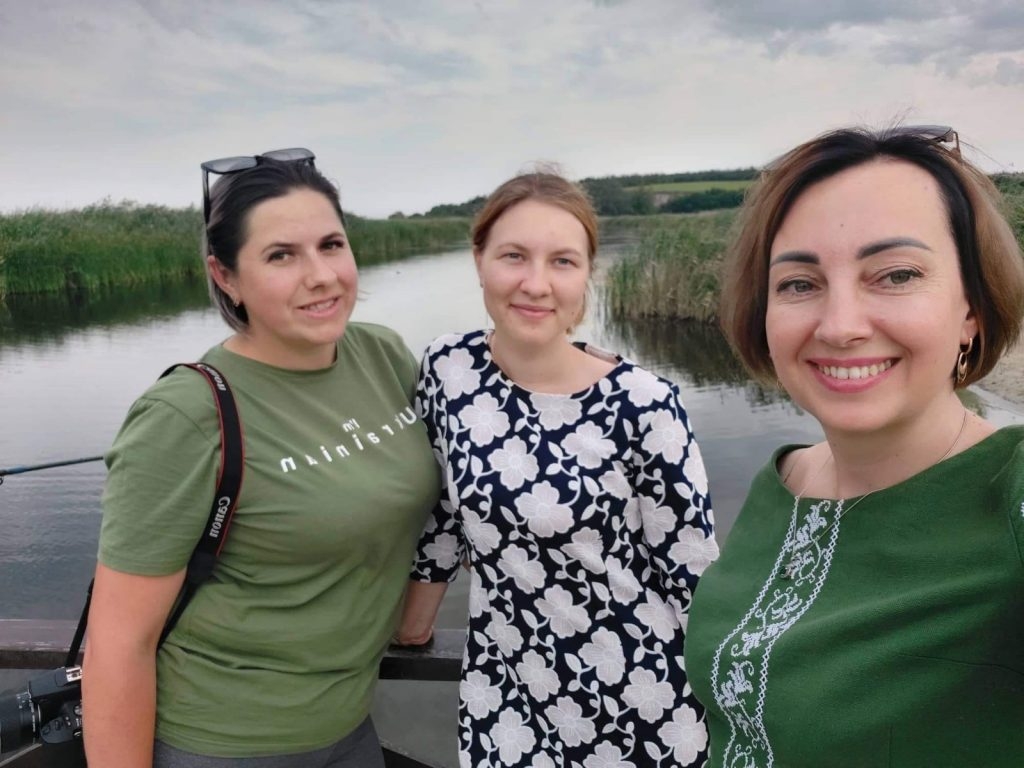
They settled in Petropavlivka as Dariya’s mother found a job at a mine there. And when the student herself received an offer to try herself in journalism, she admits she got scared.
At first, it was difficult for Dariya to get used to both a new life and a new job. But she succeeded thanks to the support of her parents and experienced editor Iryna Sytnik.
So little by little Dasha [less formal for Dariya] learned to write short news stories and take pictures. And then there was the first independent report in her journalistic career.
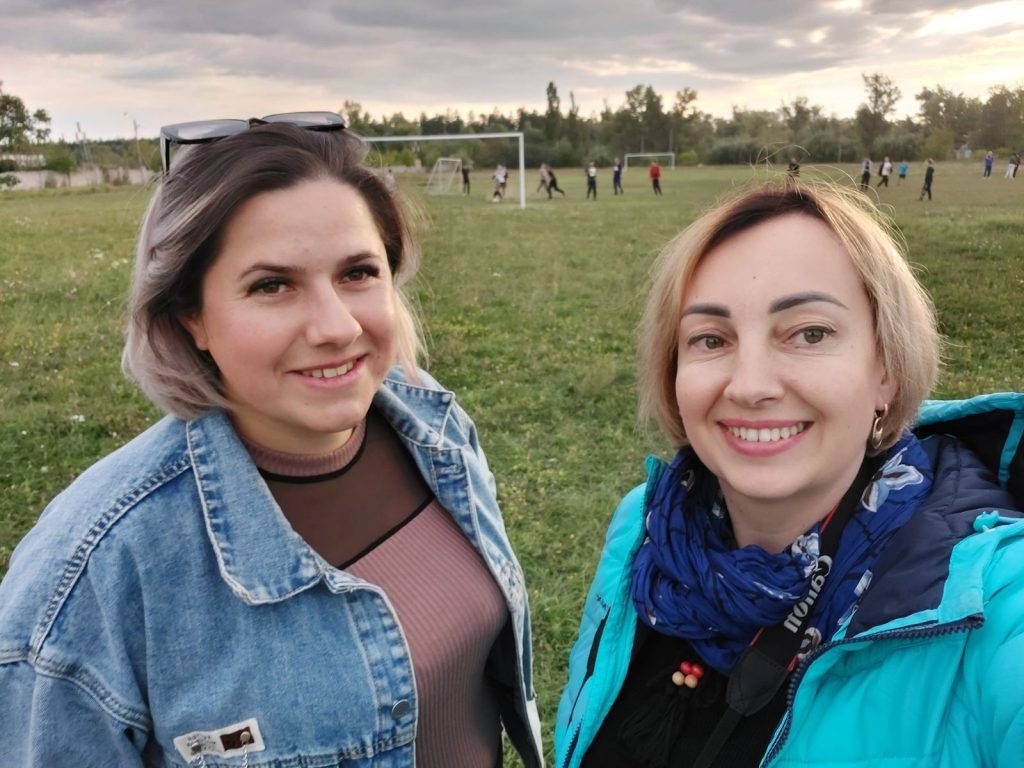
Simultaneously with the publication of the newspaper, Iryna and Dasha jointly ran the Telegram channel and filled the Petropavlivka.city website. In short, there was a lot of work, and neither hands, nor strength or time were enough for everything. It was the time when their assistant Nataliya Madonova appeared.
Nataliya is a history teacher, but in 2014, she mastered the profession of photographer and now, having moved with her 5-year-old son from the occupied Melitopol District, she was looking for a job.
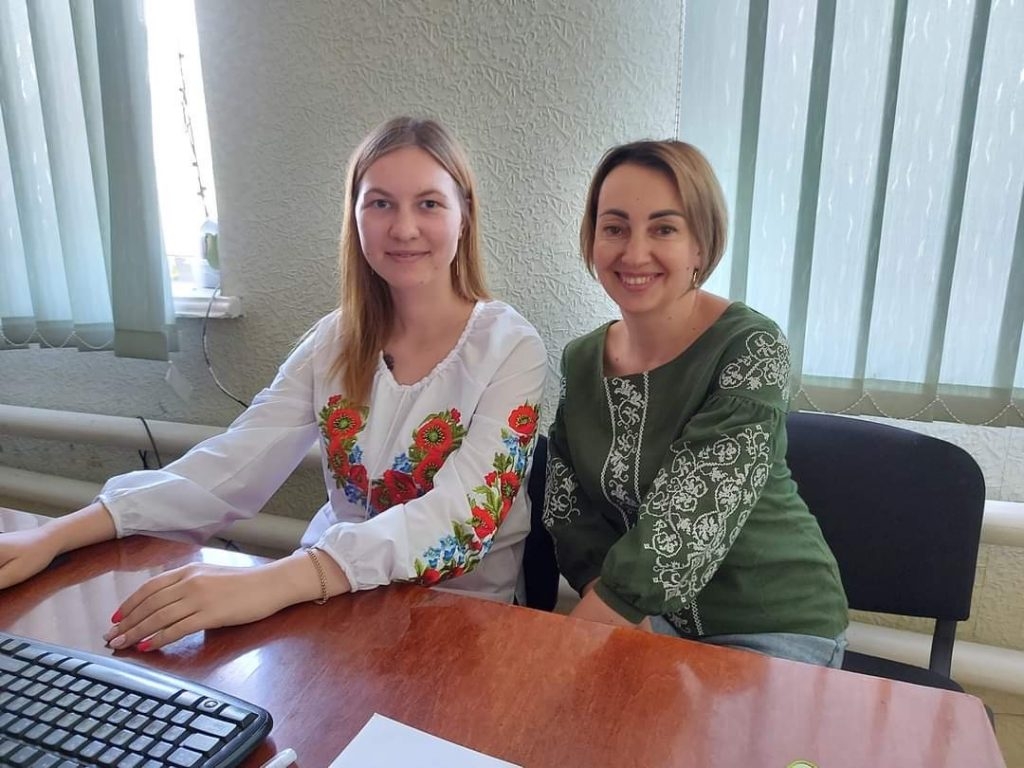
Not only did the ladies fill the editorial office with life, but also prevented an “information deficit” in Petropavlivka during the war.
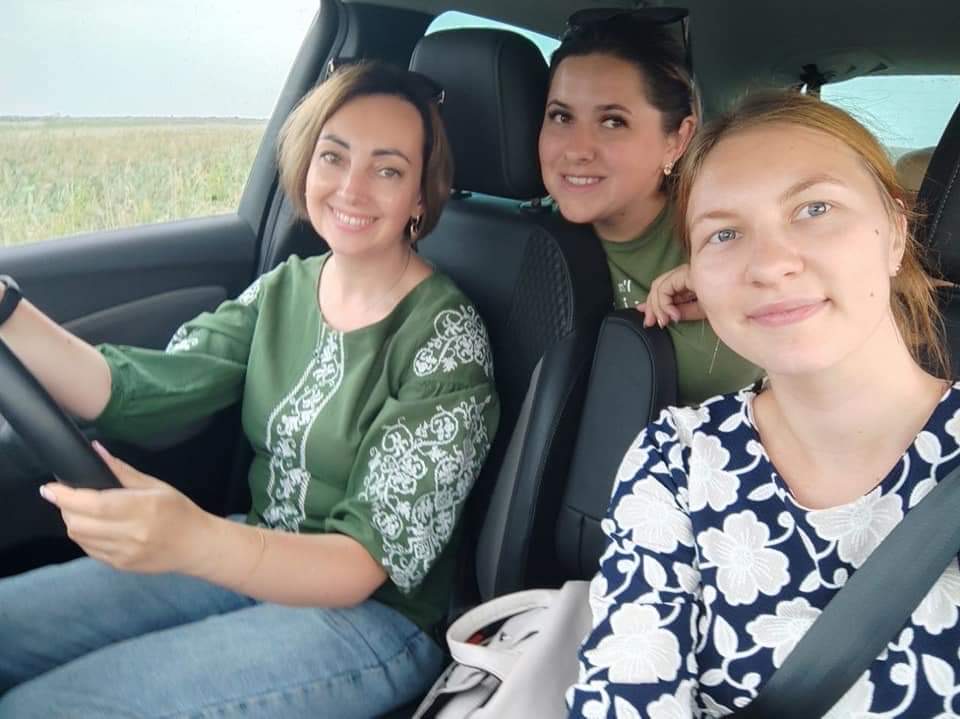
This creative team has significant amount of work to do. The only thing Iryna tries not to think about is parting.
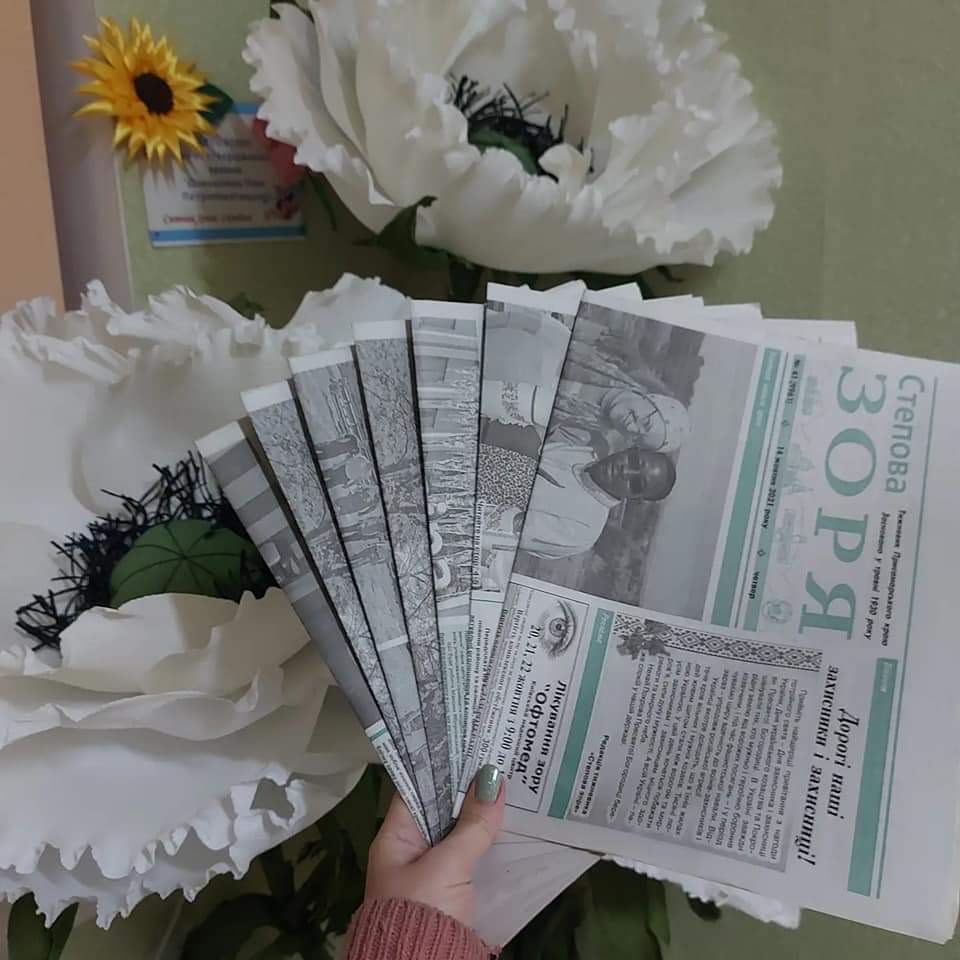
JOURNALISTS ARE IMPORTANT. Stories of Life and Work in Conditions of War is a series of materials prepared by the team of the National Union of Journalists of Ukraine (NUJU) with the support of the Swedish human rights organization Civil Rights Defenders.





